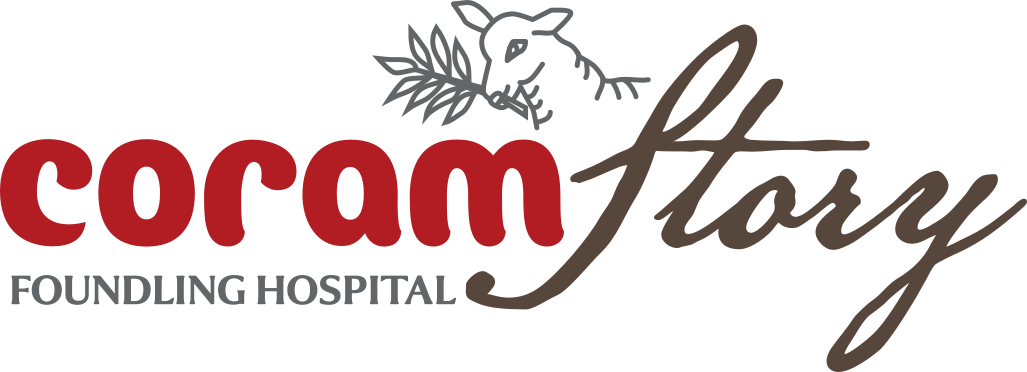The composer George Frideric Handel was born in Halle in Germany in 1685 but took up residence in London in 1712. He was one of the noted philanthropists of the 18th Century, using his reputation as a leading composer to support charitable causes, such as the Foundling Hospital, for which he raised significant sums of money as well as making it a beneficiary of his will
In 1741, over just 24 days, Handel wrote the music for Messiah with a libretto by Charles Jennens with whom he had previously collaborated on his oratorio Saul.
In May 1749, Handel, having approached the Foundling Hospital Governors, gave a benefit concert to raise funds for the completion of The Foundling Hospital Chapel. The new chapel was the perfect setting for him to promote his work while being seen to support a worthy cause and he continued to perform Messiah there for the rest of his life as well as donating a new organ to it. To show its gratitude, the Hospital made Handel a Governor.
The concert included an anthem specially written by Handel called ‘Blessed are they that considereth the poor’, known today as the ‘Foundling Hospital Anthem’ and ended with the ‘Hallelujah Chorus’, lifted directly from Messiah – a work that few of his audience would have known.
Ladies were instructed not to wear hooped skirts and men told not to bring their swords to make more room for the large number of people expected to come. Sure enough, the event was a huge hit. Tickets sold out and, because wealthy supporters had to be turned away on the night, another concert arranged two weeks later.
Handel continued to stage Messiah every year until his death in 1759. He raised almost £7,000 in all – over a million in today’s money. It was a vital source of income that meant the Hospital could continue to provide a home for vulnerable, abandoned children.

